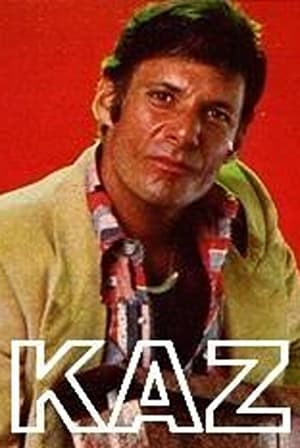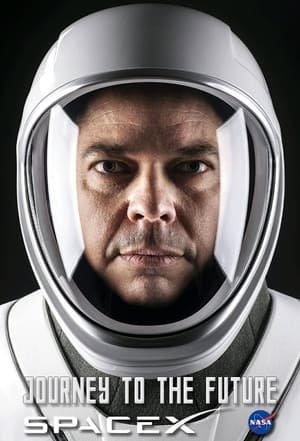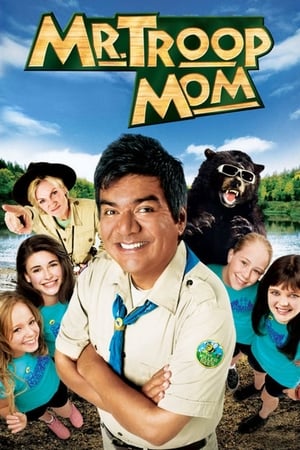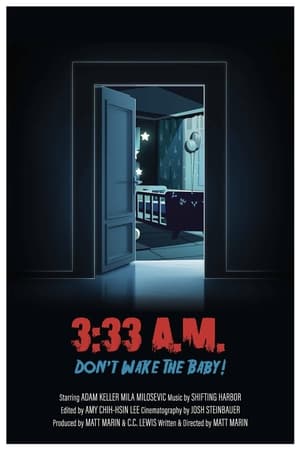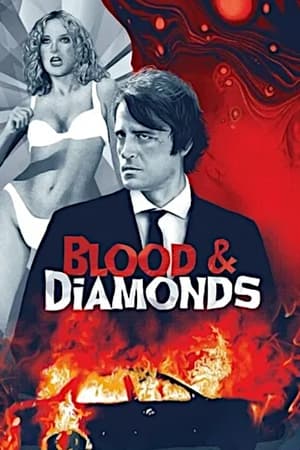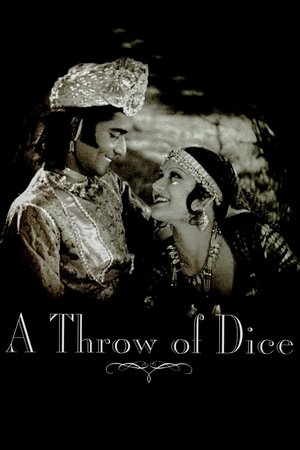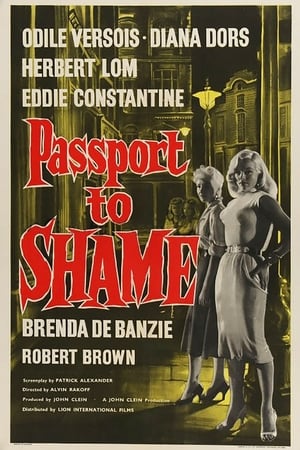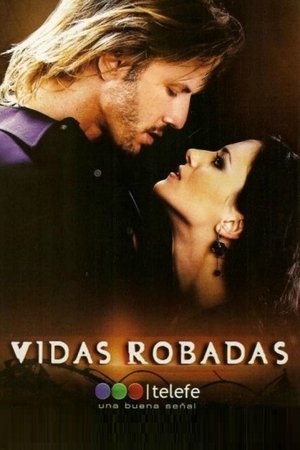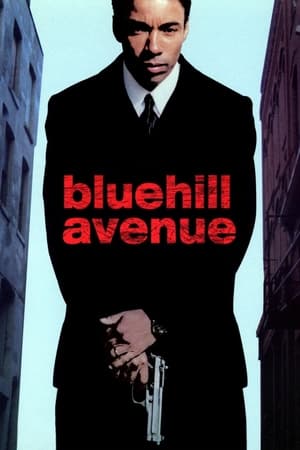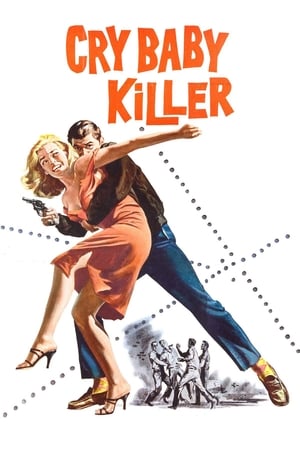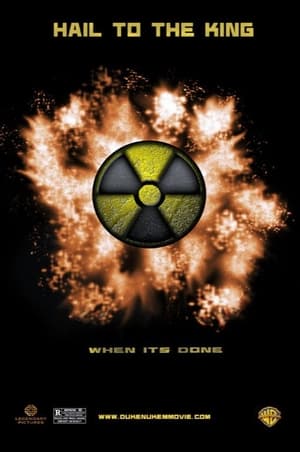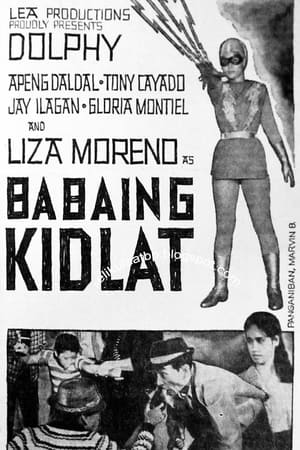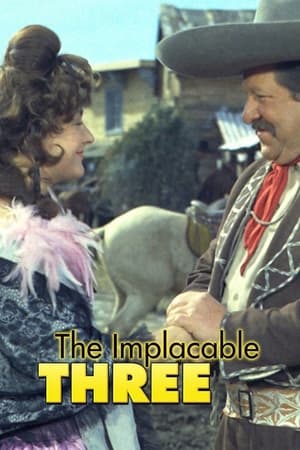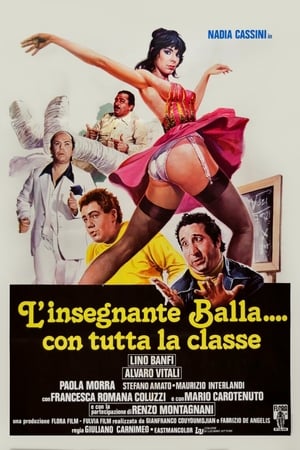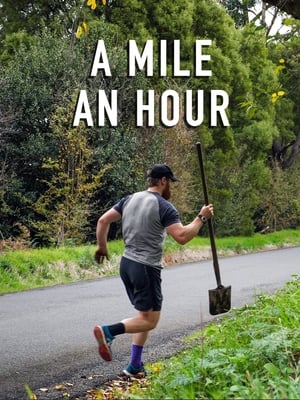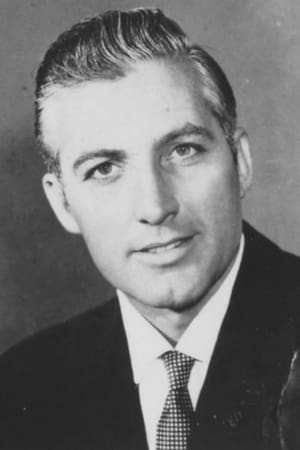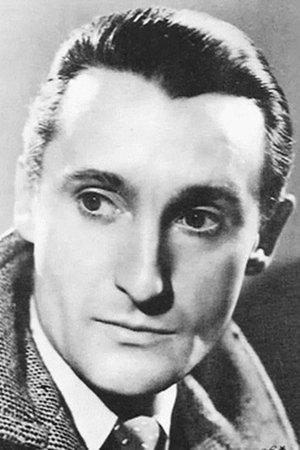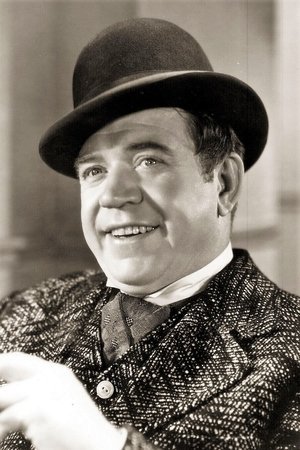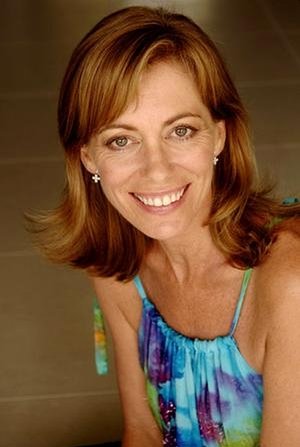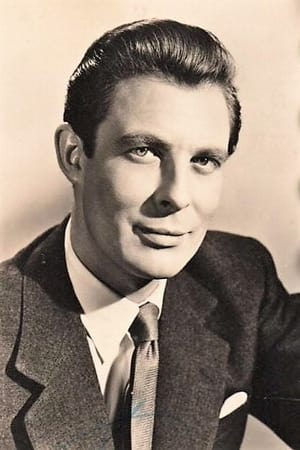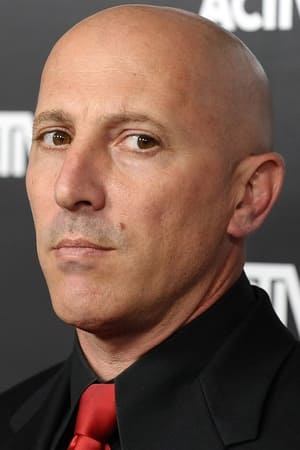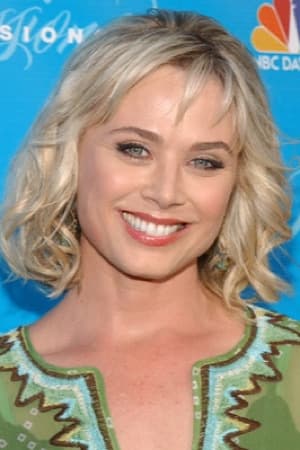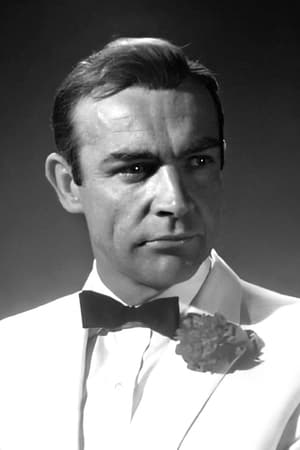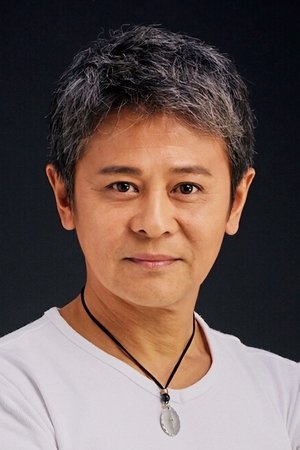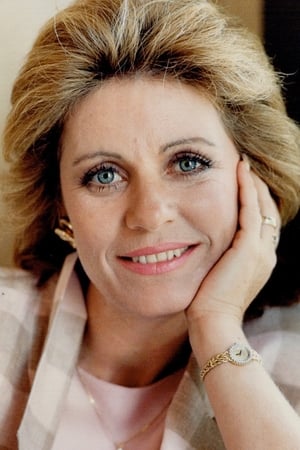Trending
Popular people
John Hart
Biography
John Lewis Hart, also credited as John Hilton was an American film and television actor. In his early career, Hart appeared mostly in Westerns. Although Hart played mostly minor roles in some fairly well known films, he was probably best known for having replaced Clayton Moore in 1952 in the television series, The Lone Ranger for one season from 1952 until 1953.
Hart began his screen career in 1937 with a bit part in Daughter of Shanghai. He continued in a variety of B pictures such as Prison Farm and King of Alcatraz before appearing in two of Cecil B. DeMille's films The Buccaneer and North West Mounted Police. In 1941, Hart's acting career was interrupted when he was drafted into the United States Army. He rose to the rank of first sergeant in the Coast Artillery and eventually served in the Philippines. Following his military service, Hart worked frequently for Sam Katzman; he was given the lead role in the Jack Armstrong film serial. Hart did stunt work and acted in numerous Westerns
Hart was eventually offered the opportunity to replace Clayton Moore on The Lone Ranger television series. Based on the assumption that the masked character, rather than the actor, was the true star of The Lone Ranger, the program's producers fired Moore (presumably over salary differences) and replaced him with Hart, who was of a similar build and had a comparable background in Westerns. However, the public never truly accepted Hart as the Lone Ranger, and by 1954 the producers returned Moore to the role. According to Clayton Moore's autobiography I Was That Masked Man, Moore never knew why he was replaced by Hart, and also stated that he had not sought a pay increase. Hart acted in minor roles in two episodes of The Lone Ranger before being asked to replace Clayton Moore for the entire third season. The episodes were "Rifles and Renegades" (#34) and "Sheriff at Gunstock" (#46).
Hart continued to act in films for more than two decades, appearing in films of several genres, almost always in supporting roles. Hart appeared twice in on the TV series I Love Lucy as Lucy's old boyfriend and again in the Hollywood episodes as a lifeguard at the hotel pool. In 1955, Hart starred in The Adventures of Captain Africa, which was originally intended to be a new movie about famous comic book hero The Phantom. However, licensing issues forced Columbia Pictures re-film the entire serial and re-christen the hero "Captain Africa." Hart also had numerous supporting roles in the Highway Patrol TV series. In 1965 Hart made two brief appearances on the TV series Perry Mason, including the role of title character and murder victim Jamison Selff in "The Case of the Wrathful Wraith." In the 1970 film The Phynx, Hart played the Lone Ranger alongside Jay Silverheels as Tonto, spoofing their characters. Hart's last theatrical film appearance was in 1981's The Legend of the Lone Ranger in which he appeared as a newspaper editor. He appeared in the television series Happy Days as the Lone Ranger in the episode "Hi Yo, Fonzie Away". In this episode Fonzie, played by Henry Winkler, meets his childhood hero, the Lone Ranger, for his birthday. Hart's other major late appearance was in an episode of The Greatest American Hero, My Heroes Have Always Been Cowboys, where Hart gives the title character an inspiring speech about heroism.
Read more
Robert Le Vigan
Biography
From Wikipedia, the free encyclopedia
Robert Le Vigan was a French actor. Born Robert-Charles-Alexandre Coquillaud in Paris, he appeared in more than 60 films between 1931 and 1943 almost exclusively in small or supporting roles. He was, according to film academic Ginette Vincendeau, a "brilliant, extravagant actor" who "specialised in louche, menacing or diabolical characters".
A collaborator with the Nazis during the occupation, who openly expressed fascist attitudes, he vanished while playing Jéricho in Children of Paradise (Les Enfants du Paradis), a film deliberately released in May 1945 shortly after the liberation of Europe. He was sentenced to forced labour for ten years in 1946. Released on parole after three years working in a camp, Le Vigan absconded to Spain, and then Argentina, dying there October 12, 1972, in the city of Tandil. He died in poverty.
Read more
Matt McHugh
Biography
From Wikipedia, the free encyclopedia
Matthew O. McHugh (January 22, 1894 – February 22, 1971) was an American film actor who appeared in more than 200 films between 1931 and 1955, primarily in small cameo parts.
McHugh came from a theatrical family. His parents ran a stock theatre company and, as a young child, he performed on stage. His brother, Frank, who went on to become part of the Warner Bros. stock company in the 1930s and 1940s, and sister Kitty performed an act with him by the time he was fourteen years old, but the family quit the stage around 1930. His brother Ed became an agent in New York.
Matt made his Broadway debut in Elmer Rice's Street Scene in 1929, along with his brother Ed, and also appeared in Swing Your Lady in 1936.
Despite his actual origins, McHugh usually performed his roles with a Brooklyn accent, and was often cast as characters explicitly from Brooklyn. In Star Spangled Rhythm (1941), his one scene is a protracted monologue during the climactic "Old Glory" sequence, in which McHugh plays a character who literally embodies the spirit of Brooklyn.
Read more
Kerry Armstrong
Biography
Kerry Armstrong (born 3 January 1958) is an Australian actress and author.
Armstrong spent one year on the American soap Dynasty playing Elena Duchess of Branagh. She began her television career as a weather girl in Melbourne before taking acting training in Melbourne and New York. She lived in the US from 1981 to 1987. In 1987, Armstrong returned to Australia upon the death of her grandmother. In the early 1990s, she resumed acting in Australian television series, including Police Rescue, Ocean Girl, Come In Spinner, All Together Now and Halfway Across the Galaxy and Turn Left. In 1991 Armstrong was nominated for an AFI award for Best Actress for her role in the film Hunting.
Read more
Paul Daneman
Biography
From Wikipedia, the free encyclopedia.
Paul Daneman (29 October 1925 - 28 April 2001) was an English film, television, theatre and voice actor.
Paul Frederick Daneman was born in Islington, London. He attended the Haberdashers' Aske's School and Sir William Borlase's Grammar School in Marlow and studied stage design at Reading University where he joined the dramatic society. After training at RADA he joined Bristol Old Vic, Birmingham Rep and the Old Vic for four years. In August 1955 he created the role of Vladimir in Waiting For Godot, at the Arts Theatre in Westminster.
His film credits include: Zulu and Oh! What a Lovely War. Daneman's TV credits include: The Adventures of Robin Hood, Persuasion (1960 series), Danger Man, Out of the Unknown, The Saint, Spy Trap, Blake's 7, The Professionals and Rumpole of the Bailey. The BBC's 1960 landmark production "||An Age of Kings]]," a fifteen part drama that combined Shakespeare's histories of the Kings of England and presented them in chronological order, featured Daneman as Richard III.
Daneman played the husband of Wendy Craig in the original series of the popular BBC sitcom Not in Front of the Children before being replaced by Ronald Hines. He also played Bilbo Baggins in the 1968 BBC Radio dramatisation of J. R. R. Tolkien's The Hobbit.
While recovering from a heart attack, he wrote the sitcom Affairs of the Heart. In 1995 Daneman published If I Only Had Wings, a novel inspired by his experiences in the Royal Air Force during World War II.
Daneman died in 2001 and was buried at East Sheen Cemetery, South West London.
Description above from the Wikipedia article Paul Daneman, licensed under CC-BY-SA, full list of contributors on Wikipedia.
Read more
Maynard James Keenan
Biography
Maynard James Keenan (born James Herbert Keenan on April 17, 1964) is an American rock singer, songwriter, musician, record producer, winemaker, and actor. Originally from Ohio, Keenan spent his high school and college years in Michigan. After serving in the Army in the early 1980s, he attended Kendall College of Art and Design in Grand Rapids. He moved to Los Angeles, California in 1988 to pursue a career in interior design and set construction. He formed the band Tool with Adam Jones shortly thereafter.
Keenan is best known as the lead singer of the multi-platinum rock bands Tool and A Perfect Circle with whom he has released four and three studio albums, respectively. In 2003 he created Puscifer as a side project, financing and releasing its first studio album in October 2007. Since rising to fame, Keenan has been a noted recluse, although he does emerge to support charitable causes.
In addition to his music career, he has performed improvisational stand-up comedy and ventured into acting. He is the current owner of Merkin Vineyards and the associated winery, Caduceus Cellars, and has part ownership of Stronghold Vineyards, all located in Arizona, where he lives. Among other business ventures, he is a partner in the Los Angeles restaurant Cobras & Matadors, and owns a produce market and an organic market in Cornville, Arizona, the latter featuring a tasting room for his wines as well as a food court.
From Wikipedia, the free encyclopedia
Read more
Kim Johnston Ulrich
Biography
From Wikipedia, the free encyclopedia
Kim Johnston Ulrich (born March 24, 1955) is an American actress. She played the role of Ivy Winthrop Crane on NBC's daytime drama Passions, from 1999 to 2008. In 1990, Ulrich appeared on the TV series Wings as Carol, Brian's ex-wife. Ulrich also played the role of Diana McColl on As the World Turns, from 1983 to 1986,
Johnston Ulrich was born Kim Charisse Johnston in Ripon, California, the daughter of a nurse. She has been married to casting director Robert J. Ulrich since 1981 and has two children, a son Cooper, and a daughter Tierney.
Description above from the Wikipedia article Kim Johnston Ulrich, licensed under CC-BY-SA, full list of contributors on Wikipedia.
Read more
Sean Connery
Biography
Sir Thomas Sean Connery (August 25, 1930 – October 31, 2020) was a Scottish actor and producer who won an Academy Award, two BAFTA Awards (one being a BAFTA Academy Fellowship Award), and three Golden Globes, including the Cecil B. DeMille Award and a Henrietta Award.
Connery was the first actor to portray the character James Bond in film, starring in seven Bond films (every film from Dr. No to You Only Live Twice, plus Diamonds Are Forever and Never Say Never Again), between 1962 and 1983. In 1988, Connery won the Academy Award for Best Supporting Actor for his role in The Untouchables. His films also include Marnie (1964), Murder on the Orient Express (1974), The Man Who Would Be King (1975), A Bridge Too Far (1977), Highlander (1986), Indiana Jones and the Last Crusade (1989), The Hunt for Red October (1990), Dragonheart (1996), The Rock (1996), and Finding Forrester (2000).
Connery was polled in a 2004 The Sunday Herald as "The Greatest Living Scot" and in a 2011 EuroMillions survey as "Scotland's Greatest Living National Treasure". He was voted by People magazine as both the “Sexiest Man Alive" in 1989 and the "Sexiest Man of the Century” in 1999. He received a lifetime achievement award in the United States with a Kennedy Center Honor in 1999. Connery was knighted in the 2000 New Year Honours for services to film drama.
On 31 October 2020, it was announced that Connery had died at the age of 90.
Description above from the Wikipedia article Sean Connery, licensed under CC-BY-SA, full list of contributors on Wikipedia
Read more
Shigeyuki Nakamura
Biography
Shigeyuki Nakamura, born on September 1, 1967, is a Japanese actor. Born in Funabashi, Chiba Prefecture, and raised in Hanamigawa Ward, Chiba City. He was previously a part of the idol group under the management of Johnny & Associates, Inc. and went by the nickname "Shige." He is also a devoted father to one child.
Shigeyuki Nakamura's journey in the entertainment industry has seen him evolve from his days as an idol with Johnny & Associates, Inc. to his current status as a respected actor. He was associated with various units during his time with the agency, including "Eagles" and "Sundays."
Educationally, Nakamura attended institutions such as Yachiyodai Makoto Kindergarten, Chiba City Hana Mikawa Fifth Elementary School, and Chiba City Hana Mikawa Second Junior High School. He later pursued his studies at Meiji University-affiliated Nakano High School (Evening Division).
His talent and dedication have earned him a place in the entertainment world, where he has continued to shine as an actor.
(Translated from Japanese Wikipedia: 中村繁之)
Read more
Patty Duke
Biography
Patty Duke was born Anna Marie Duke on December 14, 1946 in Elmhurst, New York, to Frances Margaret (McMahon), a cashier, and John Patrick Duke, a cab driver and handyman. She is of Irish, and one eighth German, descent. Her acting career began when she was introduced to her brother Ray Duke's managers, John and Ethel Ross. Soon after, Anna Marie became Patty, the actress. Patty started off in commercials, a few movies and some bit parts. Her first big, memorable role came when she was chosen to portray the blind and deaf Helen Keller in the Broadway version of "The Miracle Worker". The play lasted almost two years, from October 19, 1959-July 1, 1961 (Patty left in May, 1961). In 1962, The Miracle Worker (1962) became a movie and Patty won an Academy Award for best supporting actress. She was 16 years old, making her the youngest person ever to win an Oscar. She then starred in her own sitcom titled The Patty Duke Show (1963). It lasted for three seasons, and Patty was nominated for an Emmy. In 1965, she starred in the movie Billie (1965). It was a success and was the first movie ever sold to a television network. That same year, she married director Harry Falk. Their marriage lasted four years. She then starred in Valley of the Dolls (1967), which was a financial but not a critical success. In 1969, she secured a part in an independent film called Me, Natalie (1969). The film was a box-office flop, but she won her second Golden Globe Award for her performance in it. In the early 1970s, she became a mother to actors Sean Astin (with writer Michael Tell) and Mackenzie Astin (with actor John Astin). In 1976, she won her second Emmy award for the highly successful mini-series, Captains and the Kings (1976). Other successful TV films followed. She received two Emmy nominations in 1978 for A Family Upside Down (1978) and Having Babies III (1978). She then won her third Emmy in the 1979 TV movie version of The Miracle Worker (1979), this time portraying "Annie Sullivan". In 1982, she was diagnosed with manic-depressive illness. In 1984, she became President of the Screen Actors Guild (SAG). In 1986, she married Michael Pierce, a drill sergeant whom she met while preparing for a role in the TV movie, A Time to Triumph (1986). In 1987, she wrote her autobiography, "Call Me Anna". In 1989, she and Mike adopted a baby, whom they named "Kevin". Her autobiography became a TV movie in 1990, with Patty playing herself, from her 30s onward. In 1992, she wrote her second book, "A Brilliant Madness: Living with Manic Depression Illness".
Anna Marie Duke had a long and successful career, winning three Emmys. She was a mother and a political advocate for issues such as the ERA (Equal Rights Amendment), AIDS and nuclear disarmament, all despite having Manic-Depression. She died on March 29, 2016, in Coeur d'Alene, Idaho, of sepsis from a ruptured intestine. Patty had proved her strength as an actress and as a person.
Read more


